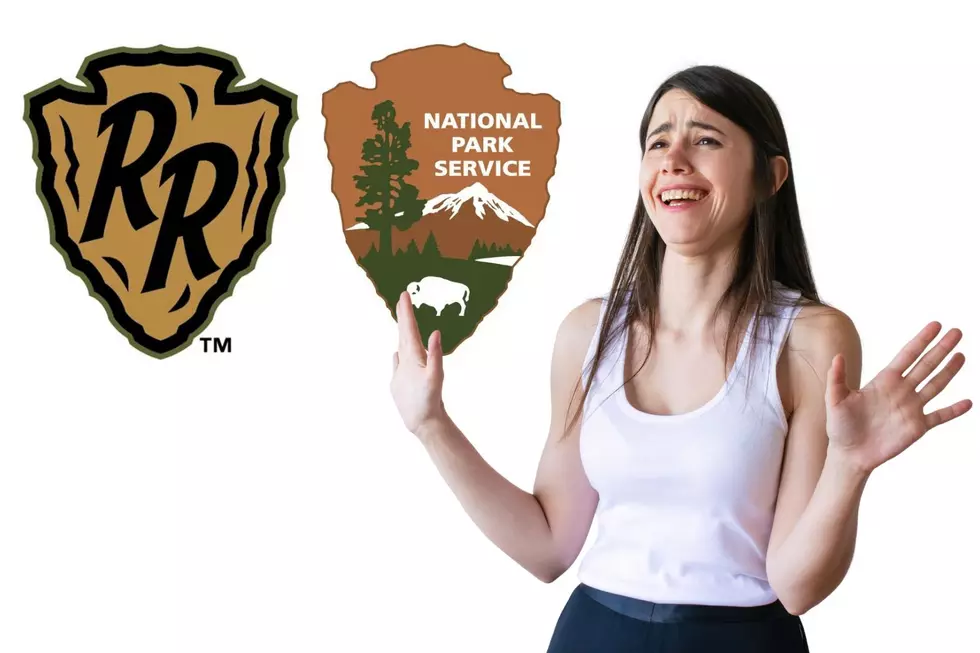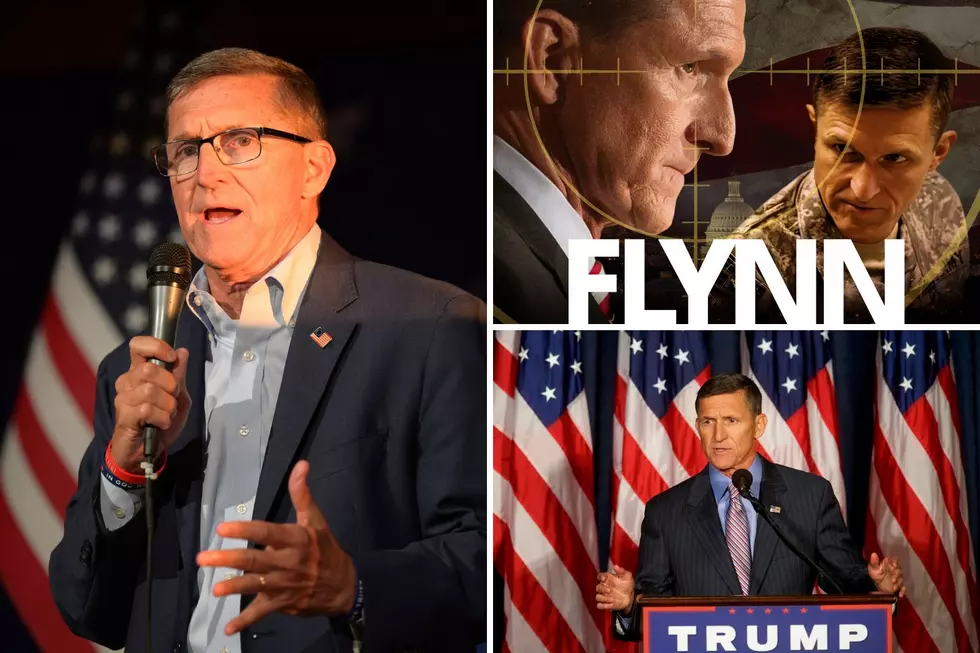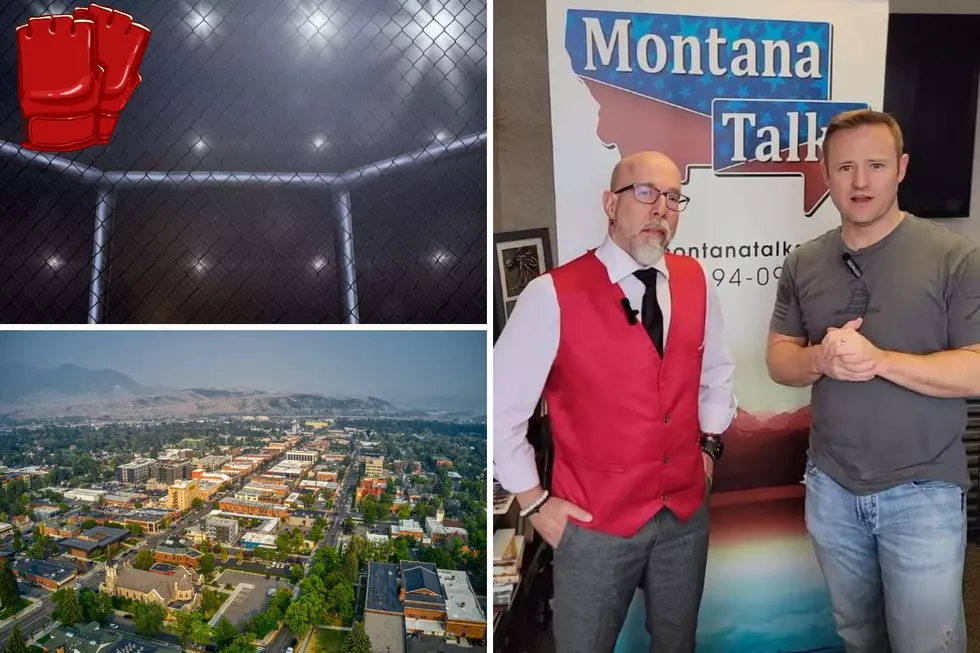
Open Letter From a Montana Sheriff on “Sound of Freedom”
A Montana Sheriff is encouraging folks to watch the movie "Sound of Freedom." He's also offering up some tips if you come across the warning signs that someone may be involved in human trafficking here in Montana.
***Originally published by "The Buzz" in Glasgow, Montana. Published here with permission.
Valley County Sheriff Tom Boyer on "Sound of Freedom"
by Sheriff Tom Boyer
The recent showing of the movie Sound of Freedom has caused a buzz across the country. The movie, about child and human trafficking, takes a two-hour dive and offers a tiny glimpse into a world that we pretend does not exist. The immense problem seen worldwide is aptly portrayed in this feature film that pulls at your heartstrings. If you have not seen the movie, I would encourage you to do so.
When you leave the theater, your mind replays the scenes, and many questions are asked without receiving good answers. One question might be “What can I do to help?” or “What should I do if I see something?”
We live in a world that unfortunately requires us to be vigilant and observant. What should we do if we see something that might appear to be nefarious? As a law enforcement officer, I would encourage you to hone your observation skills. It is a skill that requires training and practice. Additionally, the phrase “If you see something, say something” which was made common during the early 2000’s regarding terrorist threats, is still appropriate in today’s world.
Let’s talk about observation skills. What should you be looking for if you see something that “doesn’t seem right.” What doesn’t seem right is your subconscious mind telling you there is something wrong. Using and trusting our sixth sense is another skill that is often misunderstood. There is a great book called “The Gift of Fear” by Gavin De Becker, that discusses this topic and provides a better understanding of our subconscious mind’s work. So, if you find yourself in a situation that appears to be human trafficking, what observations should be made? I would encourage you to mentally take note of “the little things” such as colors (skin, clothing, hair, etc.), numbers (how many), age (adult, children), words spoken (names,languages), behavior (body language, fear), direction of travel, vehicle (color, description), license plate (state, number/letters). While not an exhaustive list this provides law enforcement with important information for following up. Being able to articulate what it was that made you question what you saw, is imperative. This should prompt a call to 911 to make a report. You may be required to make a formal statement as law enforcement follows up on your call for service. You might second guess yourself and feel like you shouldn’t call 911 because you are afraid it’s unfounded and it is just that family’s dynamics or you’re just not “Sure.” Using your observation skills and building a foundation of information can help you decide. Erring on the side of caution, making the call to 911, could save someone’s life.
Everyday law enforcement receives notices like BOLO’s or ATL’s (Be On the Lookout or Attempt to Locate) that the general public is not aware of. What you have witnessed could be someone or something that is on law enforcement’s radar. Should you intervene? Safety for all parties is of utmost importance and I would stress that your intervention could escalate dangerous behavior and jeopardize your safety, the public’s safety, and the safety of a potential victim. Generally, it is encouraged that you make your observations, as noted above, your primary concern. We have all seen news reports where interventions were made and were successful. If you choose to intervene, being discrete cannot be overemphasized.
As we navigate today’s world of exploitation, trafficking, and criminal activity remember that even in the middle of nowhere these activities can occur. Keep an open mind and remember to practice your skills.
* * *
LOOK: Baby names that are illegal around the world
More From Montana Talks









